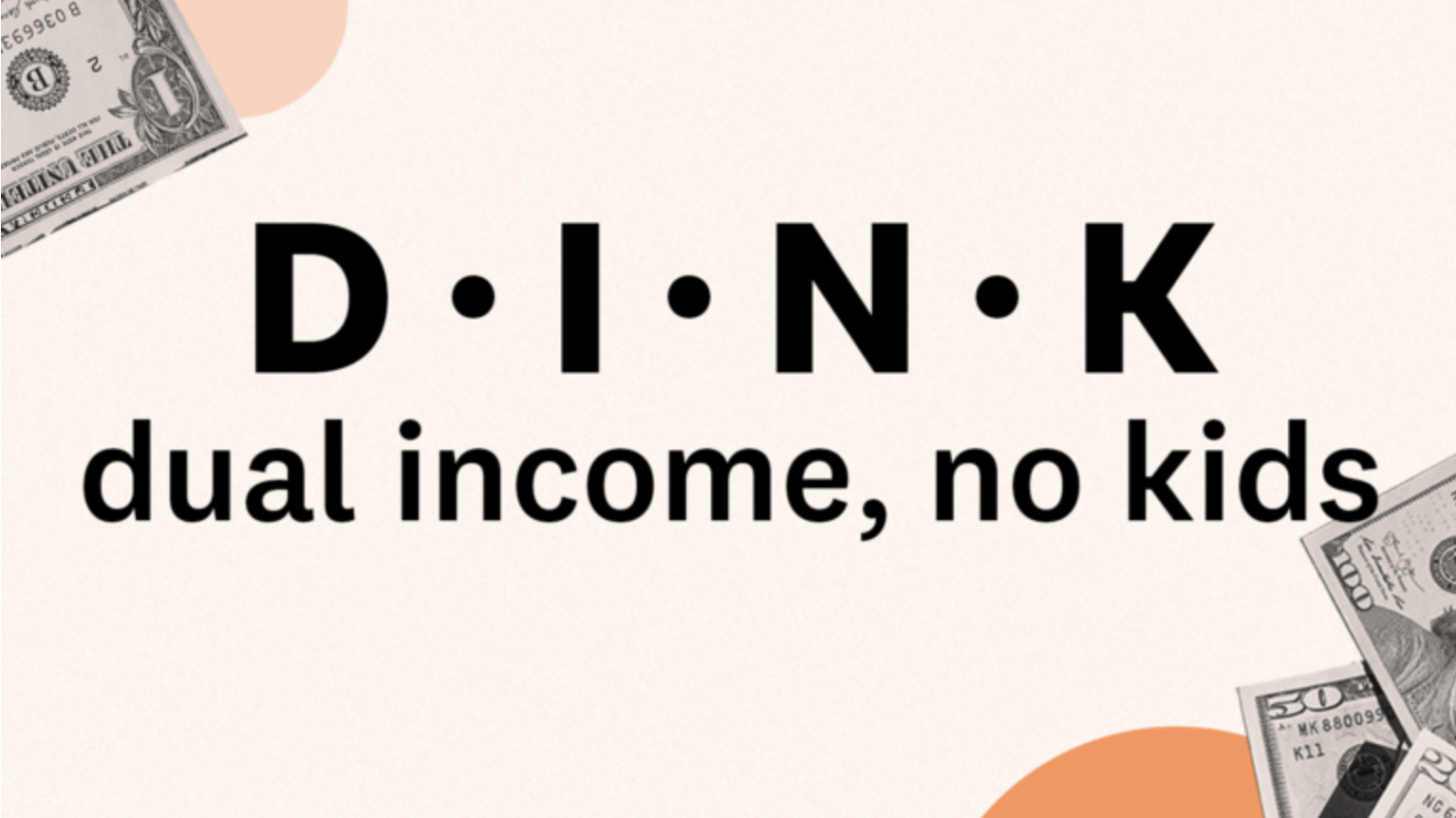Penna Dexter
It wasn’t a joke or an anomaly when, last December, a video series celebrating the Dual Income No Kids — or DINK — lifestyle went viral. Young American couples argued that their freedom to take European vacations and their ability to splurge on pets and bulk purchases at Costco are preferable to being tied down to parenthood. They said that for these reasons, they likely won’t have kids.
Add to that, a new survey from the insurance company, MassMutual, which finds that nearly 1 in 4 Millennials and GenZ-ers plan to remain childless for financial reasons. Of the 1000 adults surveyed, all of whom were in the 18-43 age group, 23 percent don’t plan to have children. They said they prefer the financial freedom they’ll have by remaining childless or they think they simply can’t afford the cost of raising kids.
In July, the Pew Research organization published results of a study on childlessness. According to their report, “When asked why they are unlikely to have children, the top answer for adults younger than 50 is that they just don’t want to.” Forty-four percent of this group said, “they want to focus on other things.” And 36 percent said, “they can’t afford to raise a child.”
It does cost a lot to raise children. And the price is rising. But why?
Timothy Carney, father of six and Senior Fellow at the American Enterprise Institute, wrote a book with the title: Family Unfriendly: How Our Culture Made Raising Kids Much Harder Than It Needs to Be. Extras like lessons, camps, and travel sports are enriching, but not crucial to childrearing. Some things we think are necessities may not be.
The baby bust resulting from our country’s below-replacement birthrate has dire financial repercussions. Our society needs those people. When millions of couples make the stark choice never to have children, the country’s future and their own will certainly be impoverished.
 Listen Online
Listen Online Watch Online
Watch Online Find a Station in Your Area
Find a Station in Your Area










 Listen Now
Listen Now Watch Online
Watch Online
